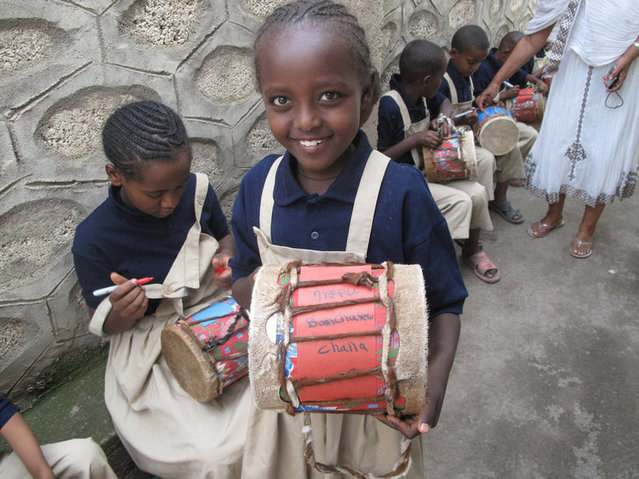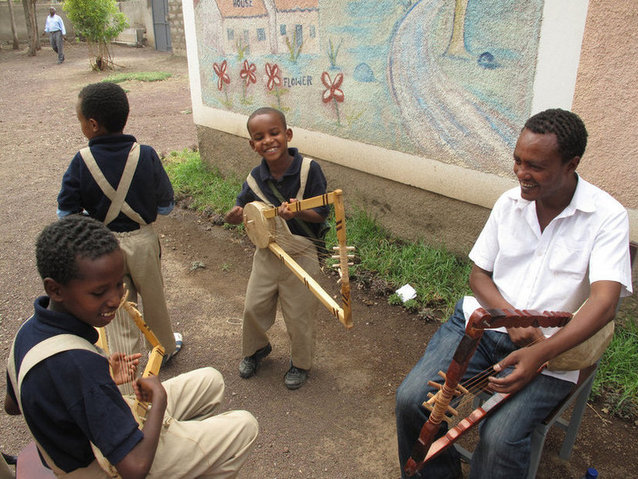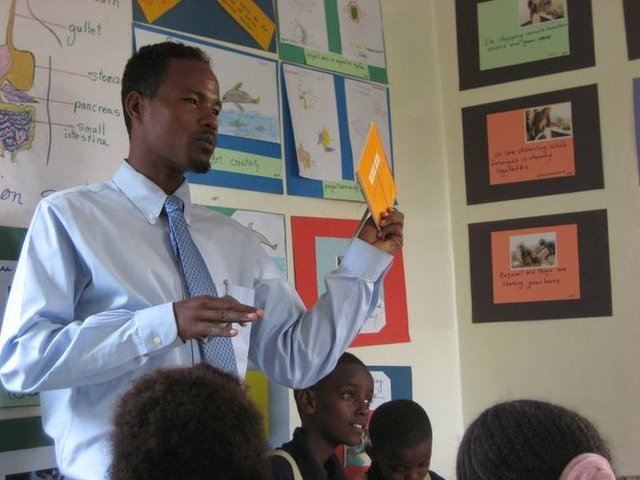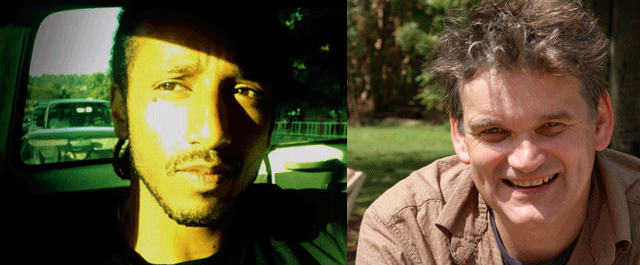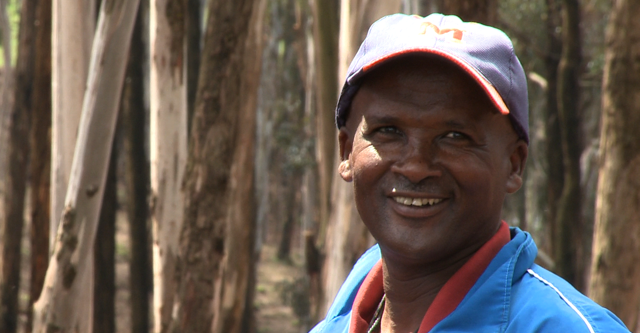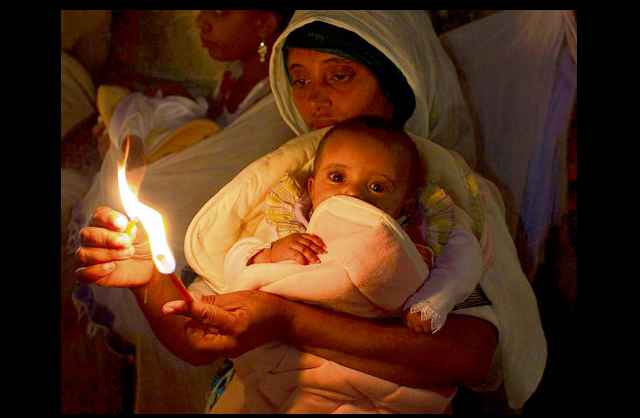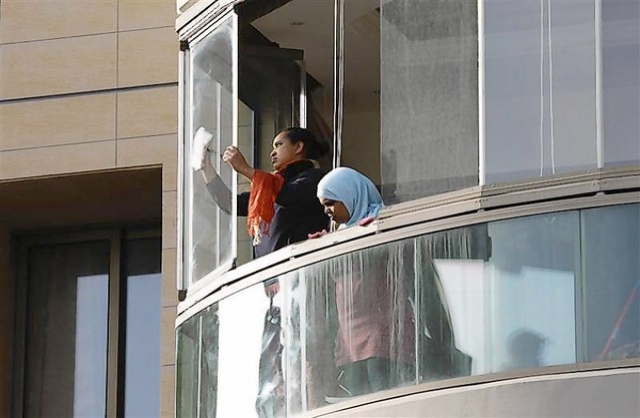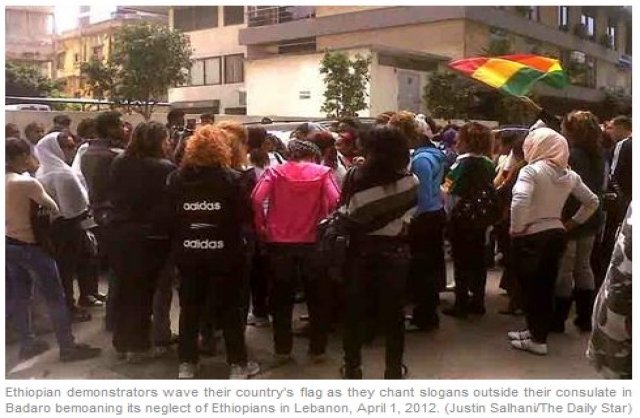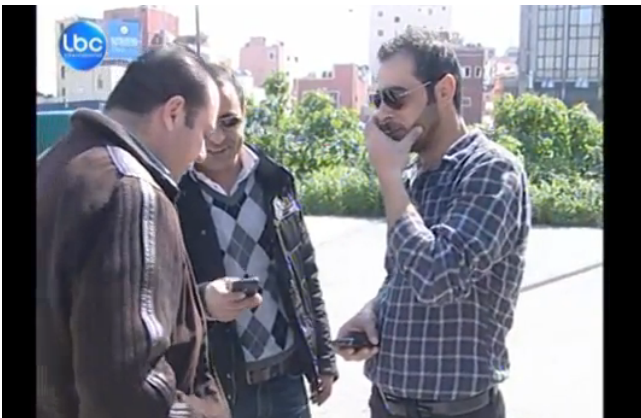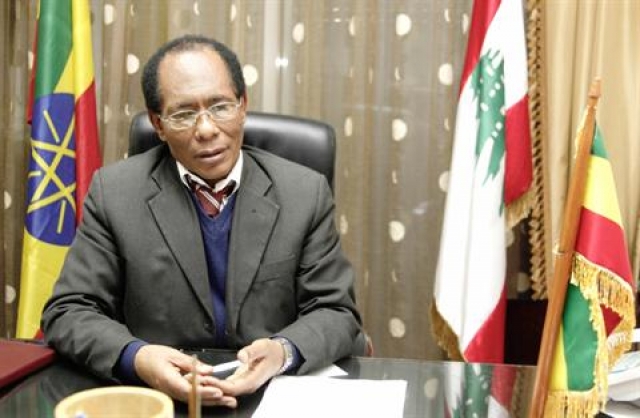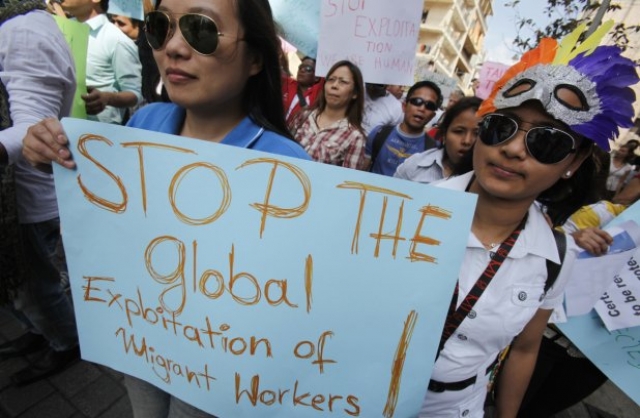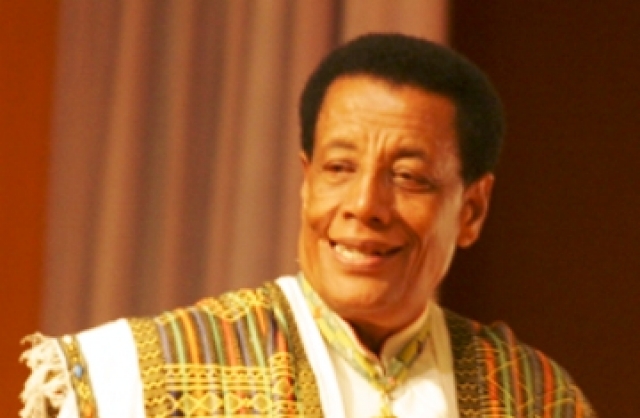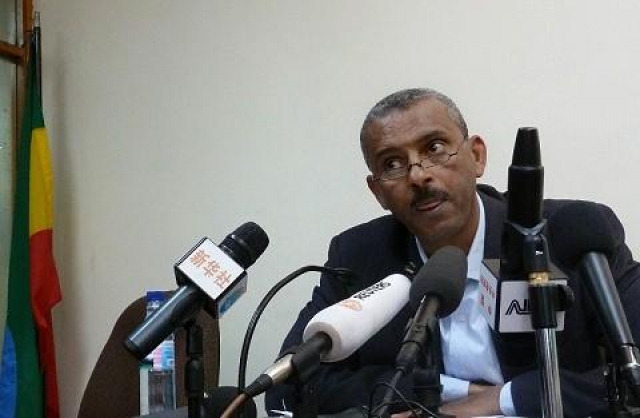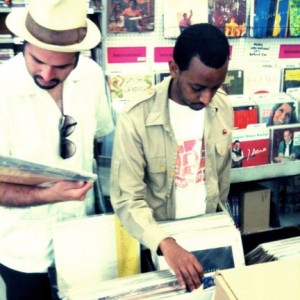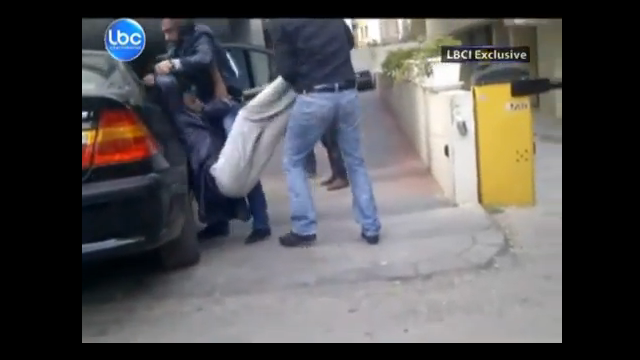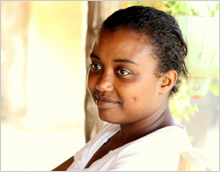Tadias Magazine
History | Opinion
By Ayele Bekerie, PhD

Published: Thursday, March 1, 2012
Ethiopia was brought to the world’s attention in 1896 when an African country with no industry of weaponry and with mostly bare-footed soldiers, defeated Italy, a modern European country, at the battle of Adwa. The 116th Year anniversary of the victory is being celebrated on March 1st in Ethiopia. This year I am fortunate enough to celebrate the victory in Adwa by attending the fifth annual conference on the history and meaning of the Battle of Adwa. It is also celebrated throughout the world, for Adwa stands for human dignity, freedom and independence. As such its significance is universal and its story should be told repeatedly. Its narrative ought to be embraced by young and old, men and women. The Battle Adwa should be listed as a World Heritage.
To Teshale Tibebu, “the Battle of Adwa was the largest battle between European imperialism and African resistance.” According to Donald Levine, “the Battle of Adwa qualifies as a historic event which represented the first time since the beginning of European imperial expansion that a nonwhite nation had defeated a European power.” The historic event has brought or signaled the beginning of the end of colonial world order, and a movement to an anti-colonial world order.
It was a victory of an African army in the true sense of the word. The Battle was planned and executed by African generals and intelligence officers led by Emperor Menelik II, who was born, brought up, and educated in Ethiopia. It was a brilliant and indigenous strategy that put a check to the colonial aims and objectives, which were originally conceived and agreed upon at the Berlin Conference of 1885. European strategy to carve Africa into external and exclusive spheres of influence was halted by Emperor Menelik II and Empress Taitu Betul at the Battle of Adwa. The Europeans had no choice but to recognize this African (not European) power.
Universality of the Victory at the Battle of Adwa
The African world celebrated and embraced this historic victory. In the preface to the book An Introduction to African Civilizations With Main Currents in Ethiopian History, Huggins and Jackson write: “In Ethiopia, the military genius of Menelik II was in the best tradition of Piankhi, the great ruler of ancient Egypt and Nubia or ancient Ethiopia, who drove out the Italians in 1896 and maintained the liberties of that ancient free empire of Black men.” Huggins and Jackson analyzed the victory not only in terms of its significance to the postcolonial African world, but also in terms of its linkage to the tradition of ancient African glories and victories.
Emperor Menelik II used his “magic wand” to draw all, the diverse and voluntary patriots from virtually the entire parts of the country, into a battlefield called Adwa. And in less than six hours, the enemy is decisively defeated. The overconfident and never to be defeated European army fell under the great military strategy of an African army. The strategy was what the Ethiopians call afena, an Ethiopian version of blitzkrieg that encircles the enemy and cuts its head. Italians failed to match the British and the French in establishing a colonial empire in Africa. In fact, by their humiliating defeat, the Italians made the British and the French colonizers jittery. The colonial subjects became reenergized to resist the colonial empire builders.
Adwa and Ethiopia’s Nationhood
Adwa irreversibly broadened the true boundaries of Ethiopia and Ethiopians. People of the south and the north and the east and the west fought and defeated the Italian army. In the process, a new Ethiopia is born.
Adwa shows what can be achieved when united forces work for a common goal. Adwa brought the best out of so many forces that were accustomed to waging battles against each other. Forces of destruction and division ceased their endless squabbles and redirect their united campaign against the common enemy. They chose to redefine themselves as one and unequivocally expressed their rejection of colonialism. They came together in search of freedom or the preservation and expansion of the freedom at hand. In other words, Adwa offers the most dramatic instance of trans-ethnic cooperation.
Leadership
Emperor Menelik II could have kept the momentum by reforming his government and by allowing the many forces to continue participating in the making of a modern and good for all state. Emperor Menelik II, however, chose to return back to the status quo, a status of exploitative relationship between the few who controlled the land and the vast majority of the agrarian farmers. It took another almost eighty years to dismantle the yoke of feudalism from the backs of the vast majority of the Ethiopian farmers.
As far as Emperor Menelik’s challenge to and reversal of colonialism in Ethiopia is concerned, his accomplishment was historic and an indisputable fact. It is precisely this brilliant and decisive victory against the European colonial army that has inspired the colonized and the oppressed throughout the world to forge ahead and fight against their colonial masters.
Menelik’s rapprochement, on the other hand, with the three colonial powers in the region may have saved his monarchial power, but the policy ended up hurting the whole region. The seeds of division sown by the colonizers, in part, continue to wreck the region apart.
Realizing the need to completely remove all the colonizers as an effective and lasting way to bring peace and prosperity in the region, the grandson of the Emperor, Lij Iyassu attempted to carve anti-colonial policy. He began to send arms to freedom fighters in Eritrea, Djibouti, and Somalia. He entered into a treaty of peace and cooperation with the Austrians, the Germans and the Turks against the British, Italians and the French. Unfortunately, the rule of Lij Iyassu was short-lived. The tri-partite powers colluded with the then Tafari Makonnen to successfully remove him from power.
Adwa symbolizes the aspirations and hopes of all oppressed people. Adwa catapulted Pan-Africanism into the realm of the possible by reigniting the imaginations of Africans in their quest for freedom throughout the world. Adwa foreshadowed the outcome of the anti-colonial struggle in Africa and elsewhere. Adwa is about cultural resistance; it is about reaffirmation of African ways. Adwa was possible not simply because of brilliant and courageous leadership, but also because of the people’s willingness to defend their motherland, regardless of ethnic, linguistic and religious differences.
Call for the Registry of the Battle of Adwa as World Heritage
A World Heritage Site is a site of ‘cultural and/or natural significance.’ It is also a site so exceptional, according to UNESCO, as to transcend national boundaries and to be of common importance for present and future generations of all humanity. The 1896 final Battle of Adwa and the successive preceding battles at sites, such as Mekelle between Ethiopia and Italy qualify, we argue, as a World Heritage Site. The victory achieved at the Battle of Adwa set the stage for international relations among nations on the basis of mutuality, reciprocity and transparency. Decolonization in Africa began with a victory against Italian colonial aggression in the Horn of Africa.
The Battle of Adwa was a global historic event, for it was a battle heroically and victoriously fought against colonialism and for freedom. It was a battle that stopped the colonial aggressions of Europeans in Africa. It was a battle that taught an unforgettable lesson to Europeans. They were reminded that they may co-exist or work with Africans, Asians or the Americans, but they cannot dominate them or exploit their resources indefinitely. Domination gives rise to resistance and the Battle of Adwa made it clear that domination or aggression can be decisively be defeated.
The mountains of Adwa, the mountains of Abi Adi Worq Amba and the hills of Mekelle ought to be marked as natural historic sites and, therefore, together with the battlefield, they should be protected, conserved and promoted in the context of its historic importance and ecological tourism.
Background on UNESCO World Heritage Sites:
At present, 900 sites are on World Heritage list. Only 9% of the World Heritage sites are in Africa, while 50% of them are in Europe and North America. While Ethiopia succeeded to have only 9 World Heritage sites, Italy has registered so far 43 sites! In Africa, the Battlefields of South Africa have registered as a World Heritage. Several Battles are registered throughout the world and throughout history and it is time that the Battle of Adwa is included in the list.
Adwa was a story of common purpose and common destiny. The principles established on the battlefield of Adwa must be understood and embraced for Africa to remain centered in its own histories, cultures and socioeconomic development. We should always remember that Adwa was won for Africans. Adwa indeed is an African model of victory and resistance. As Levine puts it: “Adwa remains the most outstanding symbol of the ‘mysterious magnetism’ that holds Ethiopia together.”
It is our contention that the Battle of Adwa was a battle that paved the way for a world of justice, mutual respect and co-existence. The Battle of Adwa was a battle for human dignity and therefore its story should be universally recognized and be told again and again. Registering the Battle will ensure the dynamic dispersion of its narrative in all the discourses of the world.
The lessons of the Battle of Adwa ought to be inculcated in the minds of young people so that they would be able to appreciate humanity as one without hierarchy. The Battle of Adwa reminds the young people that no force is powerful enough to impose its will against another people. Ethiopians, despite their disadvantage in modern weaponry, decisively defeated the Italian Army at the Battle of Adwa.
The Battle of Adwa and its cluster, as a great source of timeless inspiration for freedom and independence, should be registered as a World Heritage. This is because that event fulfills the following criterion: the Battle of Adwa is “an important interchange of human values.” Adwa enshrines freedom to everyone.
—
This piece is well-referenced and those who seek the references should contact Professor Ayele Bekerie directly at: abekerie@gmail.com.
About the Author:
Ayele Bekerie is an Associate Professor at the Department of History and Cultural Studies at Mekelle University. He was an Assistant Professor at the Africana Studies and Research Center at Cornell University. Bekerie is a contributing author in the acclaimed book, “One House: The Battle of Adwa 1896 -100 Years.” He is also the author of the award-winning book “Ethiopic, An African Writing System: Its History and Principles” — among many other published works.
Join the conversation on Twitter and Facebook.




